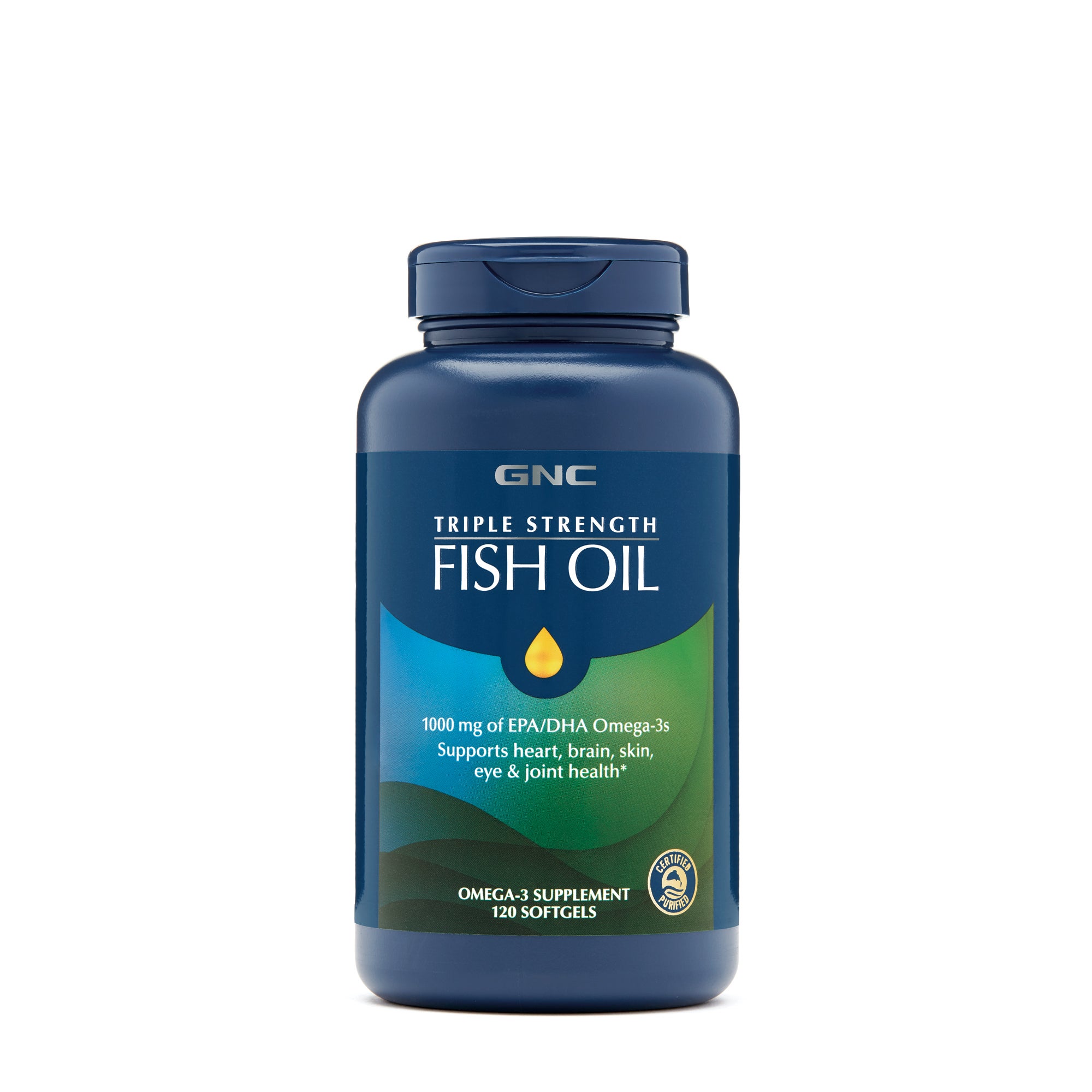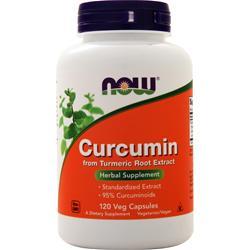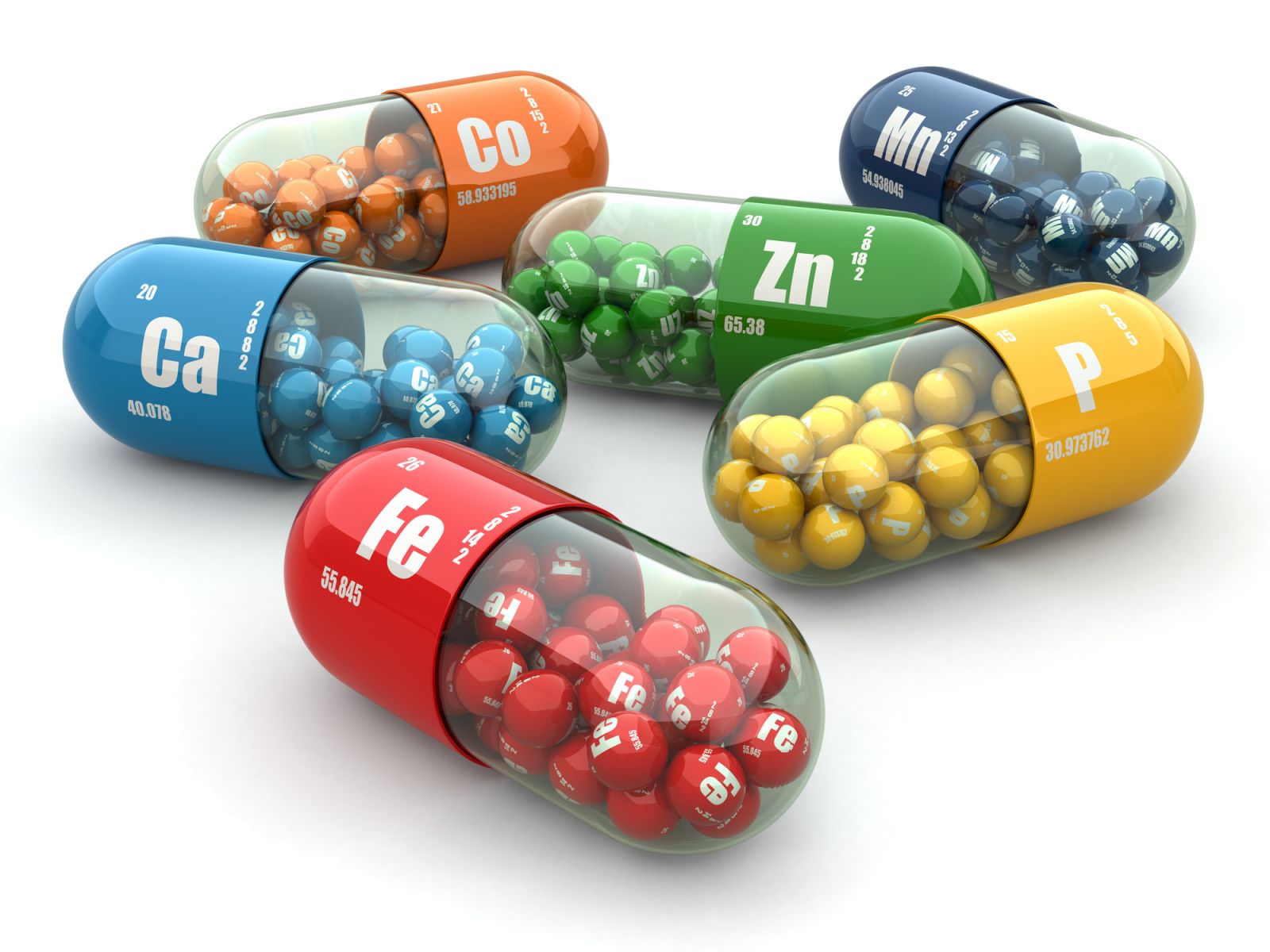What's in your vitamin cabinet?
For some, the only "vitamins" they've got in the house are Advil or Ibuprofen, while others have an entire Vitamin Shoppe inventory on their shelves. Taking a lot of pills can be a real pain, but sometimes it can be hard to sift through all the recommendations we get from the internet, our friends and coworkers, and the friendly vitamin salesperson at your local health store. These are just a few in my own personal vitamin cabinet that I personally recommend.Multivitamins
If you're unsure if you're getting all the vitamins and minerals that you need from your food, a multivitamin is a really easy all in one to take. Most (but not all) people have trouble fulfilling one or a few nutrient categories from their daily diet. Find a multivitamin that you like at your local grocery store. Consumer Lab recommends Kirkland Signature Daily Multi for quality and cost or Centrum Chewables Multivitamin/Multimineral Supplement. My personal pick is Trader Joe's Multivitamin (also approved for quality testing by Consumer Lab). You can see the whole report, including Consumer Lab's recommendations for special populations here.






Many multivitamin brands have the option to get the vitamin with or without iron. Most people don't need extra iron in their diet if they eat red meats 1-2 times per week. If you do not eat red meat, make sure you are eating enough leafy greens or tofu.
You may need to take iron if you:
- Have been diagnosed with anemia
- Menstruate
- Bruise easily or often
- Experience regular blood loss, such as donating blood or a gastrointestinal condition that causes gastrointestinal bleeding
- Are on dialysis
- Are taking iron-depleting medications
Ask your doctor if you are unsure if you need iron supplementation.
Fish Oil
Fish Oil is a great source of omega-3 fatty acids, which are our "good fats." Omega 3 fats are polyunsaturated fats, meaning they have multiple branches, and are good for reducing inflammation, lowering triglycerides, improving brain health, and prevent arterial plaque. Consumer Lab's recommendation is Kirkland Signature Fish Oil 1000 mcg or GNC Triple Strength Fish Oil for enteric-coated softgels to avoid "fish burp." Nordic Naturals also has a great liquid fish oil supplement for those who have trouble swallowing pills. In my vitamin cupboard is Nordic Naturals Ultimate Omega-D3 Sport, which has 1480mg omega 3's and 1000 IU of vitamin D3.For the vegetarians and vegans out there, plant based options for omega 3's exist, but those sources are alpha-linoleic acid (ALA) instead of eicosapentaenoic acid (EPA) and docosahexaenoic acid (DHA). ALA can convert into EPA and DHA in the liver on a very limited basis, making it difficult to get the full amount needed. When looking at dosage, it's important to look at the amount of EPA and DHA in each dose, as opposed to the amount of oil. Ideally, a dose of fish oil should add up to a total of at least 1000 mg EPA and DHA. You can read Consumer Lab's report on fish oils here.



Vitamin D
Living in the Pacific Northwest, I usually recommend that everyone take a vitamin D supplement because of the limited sunshine most of the year. Vitamin D deficiency has been linked to depression and anxiety, weight gain, weak immune system, fatigue, bone and joint pain, and osteoporosis. Vitamin D is made from cholesterol molecules when the sun hits the skin, which means it can be difficult for those living in grey climates for most of the year will have trouble getting enough. Other risk factors include darker skin tones, overweight or obese, and elderly.
Consumer Lab recommends Source Naturals Vitamin D Liquid Drops or Thorne Research Vitamin D. Keep in mind that it is only recommended to take up to 2000 IUs per day of vitamin D unless your medical provider tells you otherwise. It's not a bad idea to start with a lower dose and increase it slowly. My vitamin D is combined with my fish oil, mentioned above.




Curcumin
Curcumin is the active ingredient in turmeric, and it has been shown to have many benefits. Turmeric is a natural anti-inflammatory and antioxidant, and can help with muscle and joint pain, brain health, prevent heart disease, and some studies show that it may help with prevention and treatment of cancer. It's best to take curcumin with some unsaturated fat to help with the absorption. This could be in the form of a fish oil or ALA supplement, or with an avocado snack.
Consumer Lab recommends Doctor's Best High Absorption Curcumin or NOW Curcumin. I use Integrative Therapeutics Curcumax Pro.






Always Ask
Always ask your doctor if taking supplements is the right option for you, especially if you are on medications, as they may interact with supplements.
Keep in mind that this is just a basic recommendation list; good quality peer reviewed nutrition studies are difficult to conduct and difficult to come by, which is why recommendations for nutrition are constantly changing. If you have questions about supplementation for specific conditions, don't be afraid to ask!

